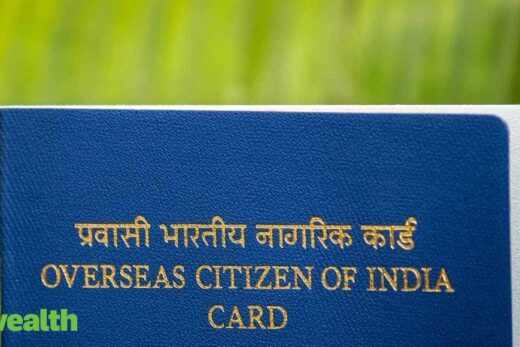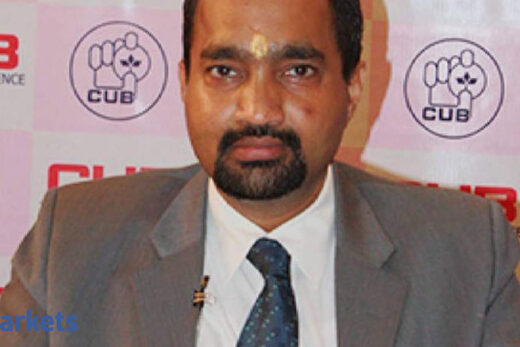The wish-list is long.
At present, long-term capital gains (LTCG) on equity shares and equity-oriented mutual funds are tax at 10 per cent and also attract plus surcharge and cess on gains over and above Rs 1 lakh.
“However, when the LTCG was made exempt, the government introduced securities transaction tax (STT). So, either there is a need to remove LTCG or STT. Moreover, previously the dividend was exempt, but it has now been made taxable,” said Juzer Gabajiwala, Director at Ventura Securities.
STT is levied at the time of purchase and sale of securities listed on stock exchanges. In case of dividend income, the income is taxable at the respective slab rates while for non-residents the same is taxed at the rate of 20 per cent or at lower rate wherever tax treaty so provides.
Taxability on dividend income should be capped at the rate of 15 per cent for resident assesses, Vikash Agarwal, President at Indian Chamber of Commerce said.
Some analysts believe dividends at the hands of investors are also increasing compliance challenges for India Inc.
Pranay Bhatia, Partner & Leader – Tax & Regulatory Services, BDO India said it was in the last Budget that the dividend income was made taxable at the hands of the taxpayers. Indian companies, Bhatia noted, are now required to withhold tax from dividend distribution. For domestic shareholders, the threshold is set at Rs 5,000, above which an Indian company is required to examine withholding obligations, leading to substantial tax compliance challenges.
“Very low threshold of Rs 5,000 for applicability of withholding tax in dividend income needs a serious relook so as to ease compliance burden for Indian companies,” he said.
Lav Chaturvedi, ED & CEO, Reliance Securities, wishes for rationalisation of STT, commodity transaction tax (CTT), LTCG and DDT. He said a strong good cash market can provide the impetus for stakeholders to come in and raise risk capital.
He is batting on ease of compliances. “One KYC, if implemented, is likely to propel not just ease of on-boarding but also help in improving market penetration.”
Chaturvedi wishes for easing of taxation on AIFs.
“Unlike Category I and II AIF, the tax pass-through status has not been accorded to Category III AIFs. Catalysing CAT III of AIF is one of the areas that the government needs to address in this Budget. Meanwhile, for improving vibrancy and liquidity of the bond markets, the government needs to see how India’s sovereign bonds can find a place among the global Indices and also rationalise the tax structure of ETFs,” he said.
Gabajiwala said the nature of dividend in case of equity mutual funds is such that this is mainly due to sale of securities and this cannot be compared to the dividends paid by companies. “Thus, there is a need to exempt the capital gains or the dividends from taxation especially for equity oriented mutual funds,” Gabajiwala said.
Debt fund investors, too, will be seeking some sops.
“Also previously, there was a lot of clamour from banks that there was disparity between dividend from debt funds and interest income. Their contention was that dividend was tax free and the interest was taxable and that there was no level playing field. One major factor however, which missed out was that investors were exposed to credit risk of default in debt funds and also the returns are uncertain due to interest rate movements in the economy. Thus, the disparity is definitely needed to promote the debt mutual funds,” Gabajiwala said.
There is, therefore, a strong case for the dividends from debt funds to be made tax free, Gabajiwala said.
Analysts said due to Covid-19, WFH has now become the new normal. The tax laws, therefore, need to be updated to specifically provide guidance and relaxation for corporates and employees in view of emerging necessities. This would lead to ease of undertaking compliances and hopefully reduce the burden for corporate employees, many of them contributed to the rise in retail participation.
Umesh Mehta, Head of Research at Samco Securities, meanwhile, believes no hike in the tax structure is the best case scenario expected from the FM, as taxation in capital markets is more or less stable now and has settled, subject to some minor tweaking to align with judicial pronouncements.




